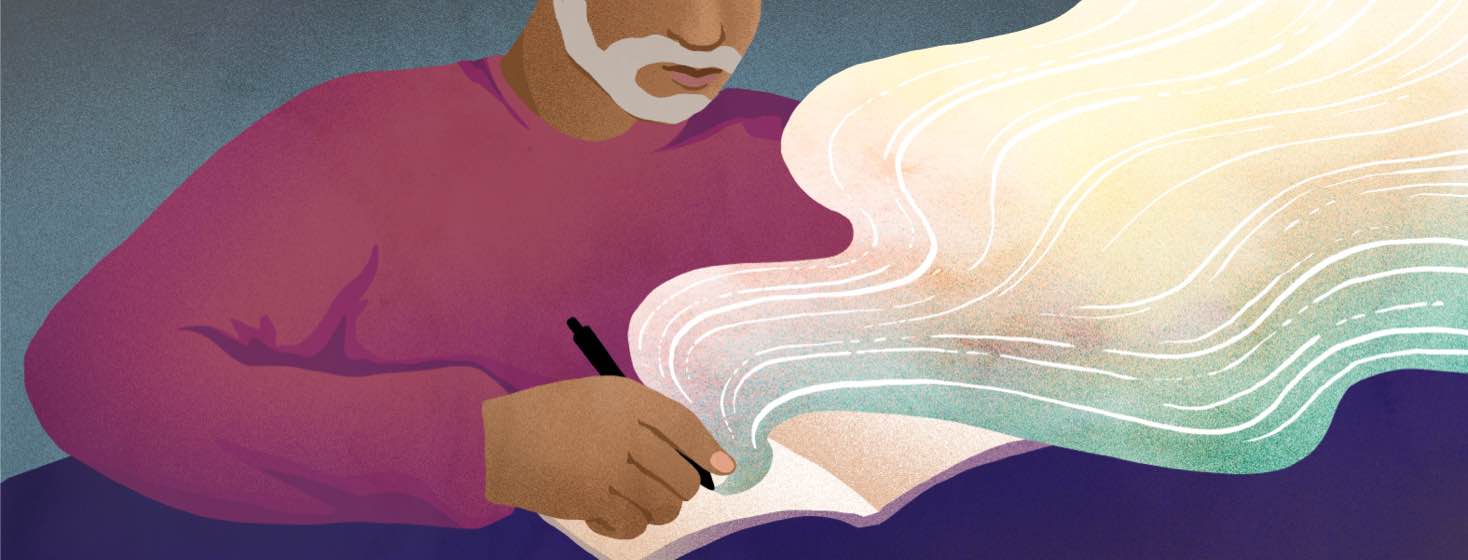Prostate Cancer and My Coping Mechanisms
My healthcare team never warned me about the emotional side effects of a prostate cancer diagnosis. I understood about the physical impacts but never considered emotional health.
My healthcare team focused purely on the physical side, including symptoms, test results, and the side effects and risks of treatment options. Whether treated or not, the emotional impacts of a cancer diagnosis can be devastating.
Overlooking emotional health
I initially overlooked my emotional needs and only considered physical impacts. I now recognize my oversight. However, on reflection, I may not have accepted emotional support at the time.
Growing up as a male, men never expressed emotion other than anger. Men were tough and never talked about their feelings. And they never admitted pain or weaknesses, and especially never asked for help. Therefore, my natural reaction was to play the tough guy and pretend everything was okay.
Coming to terms with my diagnosis
Fortunately, I had the love and support of my wife, Mary. With a lot of time and patience, she convinced me that showing emotion was normal. It wasn't easy, but she convinced me that our emotional health deserves just as much attention as our physical health. She helped me realize that talking about it was incredibly therapeutic and an effective coping mechanism.
That said, when facing a cancer diagnosis, there is certainly no right or wrong way to feel or cope. And it's critical to allow yourself time to react in your own way. For me, talking was a turning point and provided immediate emotional relief. Sharing my fears, concerns, and questions eventually helped me come to terms with my diagnosis and move forward.
Coping strategies
Researching
With my newfound confidence to speak openly about my diagnosis, I have since found two other very effective coping strategies. Those are researching and writing. Both have become an essential part of my emotional well-being.
Researching prostate cancer and gaining knowledge helped considerably to reduce my fear. It also gave me a powerful sense of empowerment. No longer consumed with fear, I found researching was a source of solace.
Although a word of caution: cancer information is everywhere, and it's easy to become overwhelmed and confused. Some of it is accurate and reliable, but some of it is not. Ensure you stay with reputable sources and organizations. And even if you find valid information, it doesn't necessarily mean it's relevant to your particular situation.
Writing
In addition to researching, writing has become my all-time favorite coping mechanism. Before my cancer diagnosis, I've never written anything. I did terrible in school, and English was my worst subject. I should have paid more attention in school. But it's never too late to learn.
At first, I started a private journal to record doctor appointments, test results, and general thoughts and feelings. After a while, several friends, family and coworkers reached out to ask about my health. Therefore, I decided to share some of my writing in response. The feedback was so positive that it motivated me to write a book. My goal was to ensure it was uncensored, medically accurate, and covered my entire experience.
Two and a half years later, I'm proud to say that I now have a published book! Not only published but also selected for the Reef Knot Kit by Prostate Cancer Foundation BC. These kits contain information regarding prostate cancer and are provided free to everyone newly diagnosed in Canada! It's profoundly moving, knowing thousands of men can receive a free copy of my book, Prostate Cancer Strikes: Navigating the Storm.
Tough guys suffer in silence
Writing this book would not have been possible without my wife. Without her love and support, I wouldn't have written a single word about my diagnosis. And above all, I still would be hiding behind my tough-guy persona and wouldn't have even talked about it.
Whether you decide to treat your cancer or not, please don't overlook your emotional needs. Tough guys suffer in silence, and it's essential to find ways to cope.

Join the conversation